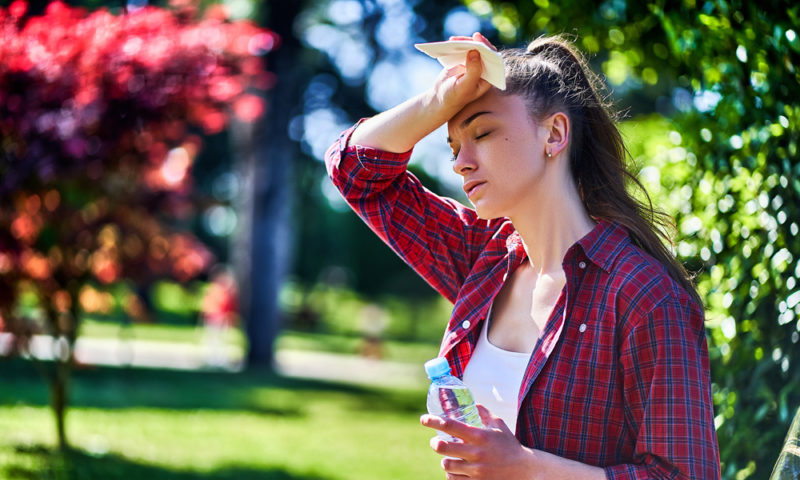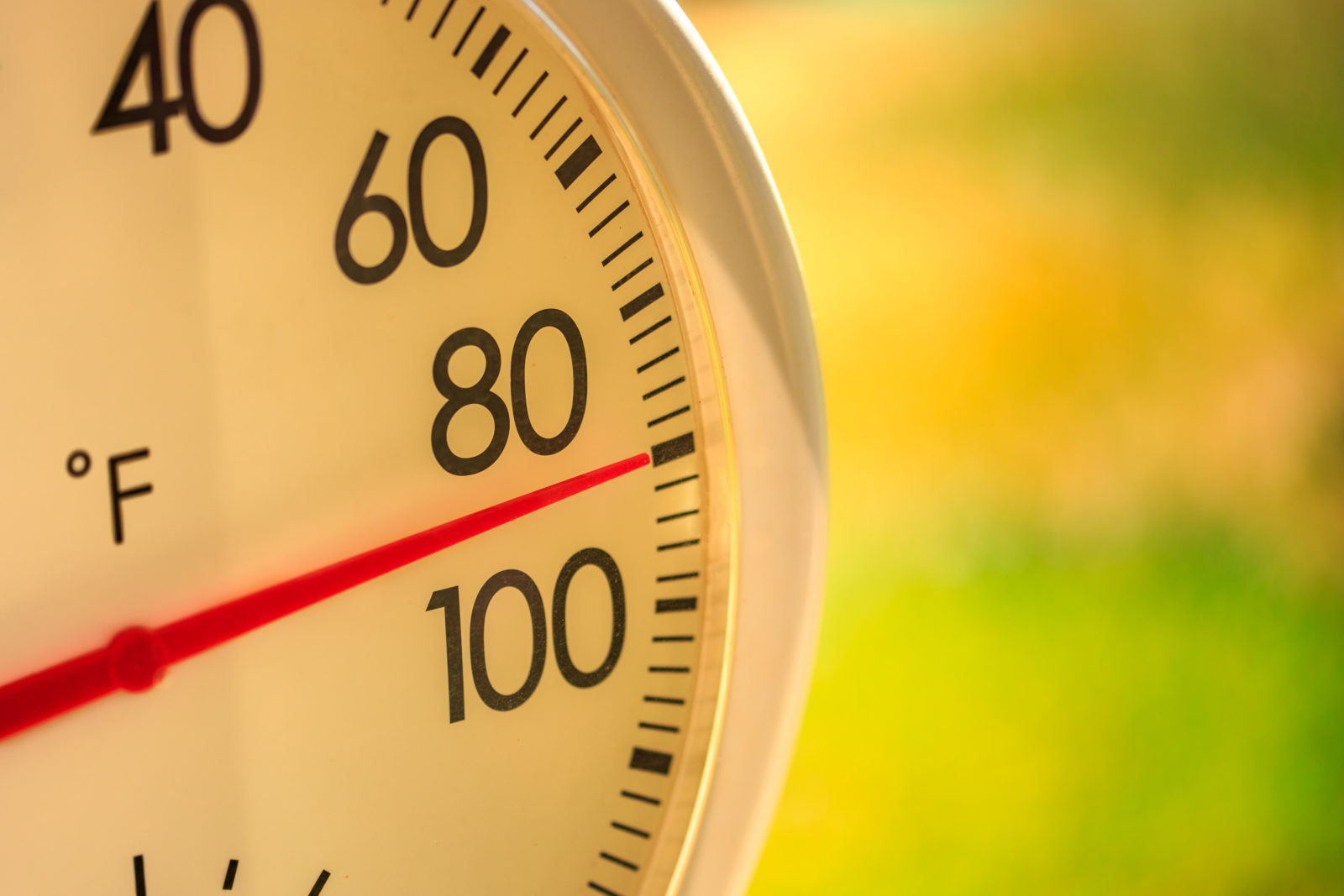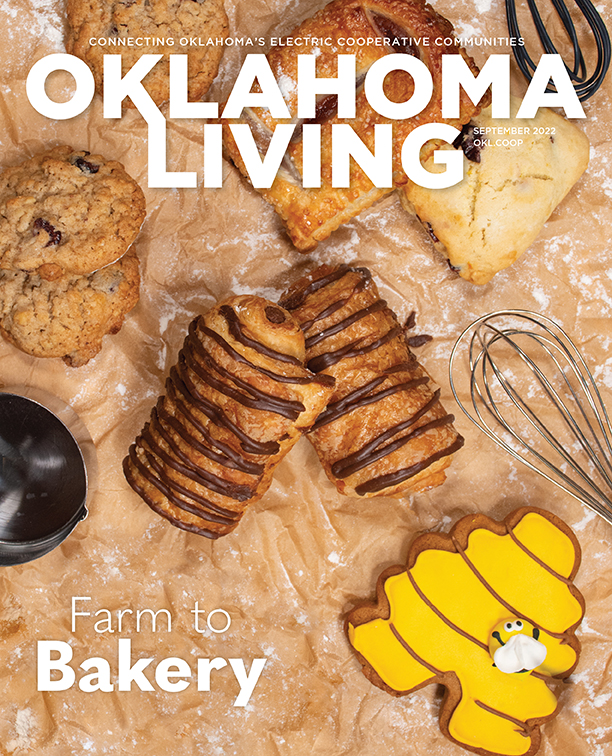Heat Stroke: Recognize, React, Prevent
Do you know the signs of heat stroke, what to do and how to prevent yourself from falling victim?

Oklahoma Summers let us explore the outdoors and be in nature. But if you have lived here long enough you know summers can also be dangerous. Our state’s heat can be intense during the summer months and lead to heat-related illnesses. The most severe heat-related illness is heat stroke. But there are many other health ailments that can be caused by heat exposure.
Initial Signs:
The initial signs vary by the type of heat-related illness. They can be as mild as a headache or dizziness or as severe as seizures or coma. It is important to be aware of subtle changes in children and elderly persons. Other symptoms include nausea, vomiting, weakness, thirst, profuse sweating or in some cases hot dry skin. Confusion and irritability are also possible.
What should you do?
When in doubt seek medical care even if it means calling 911 for emergency medical care. Do not leave the person alone while help is on the way. It is important to get to a cooler place, preferably indoors or shaded areas. It is important to allow for cooling quickly. Some of the steps include removing outer clothing, placing cold wet cloths on the skin or soaking clothing with cool water. A cold water of ice bath is helpful in the setting of heat stroke. According to the National Athletic Trainer’s Association, cold water immersion up to the neck is the most effective cooling method for people with exertional heat stroke, a type of heat stroke induced by physical activity. If unable to do a cold-water bath it is important to place towels soaked in ice water over the head, trunk, arms and legs. Ensure that towels remain cold by resoaking them in ice water frequently. It is imperative to call emergency services for more severe cases of heat-related illness.
How to prevent it.
It is important to be weather aware during days with severe heat advisory. Staying in an air-conditioned location will help reduce someone’s chances of developing a heat-related illness. Strategies include going to a public place such as a library, mall, or a grocery store. Using a fan in an area without air-conditioning will do very little to help given that the air temperature will likely be in the 90s to low 100s range. If you need to be outdoors, it is important to limit it to early morning and late evening when it is usually cooler. It is important to stay hydrated.
Dr. Gabriel Vidal is a board-certified internist who is currently pursuing further training in oncology at the Stephenson Cancer Center at University of Oklahoma Health Sciences Center.
Sign up for our Oklahoma Living Newsletter



